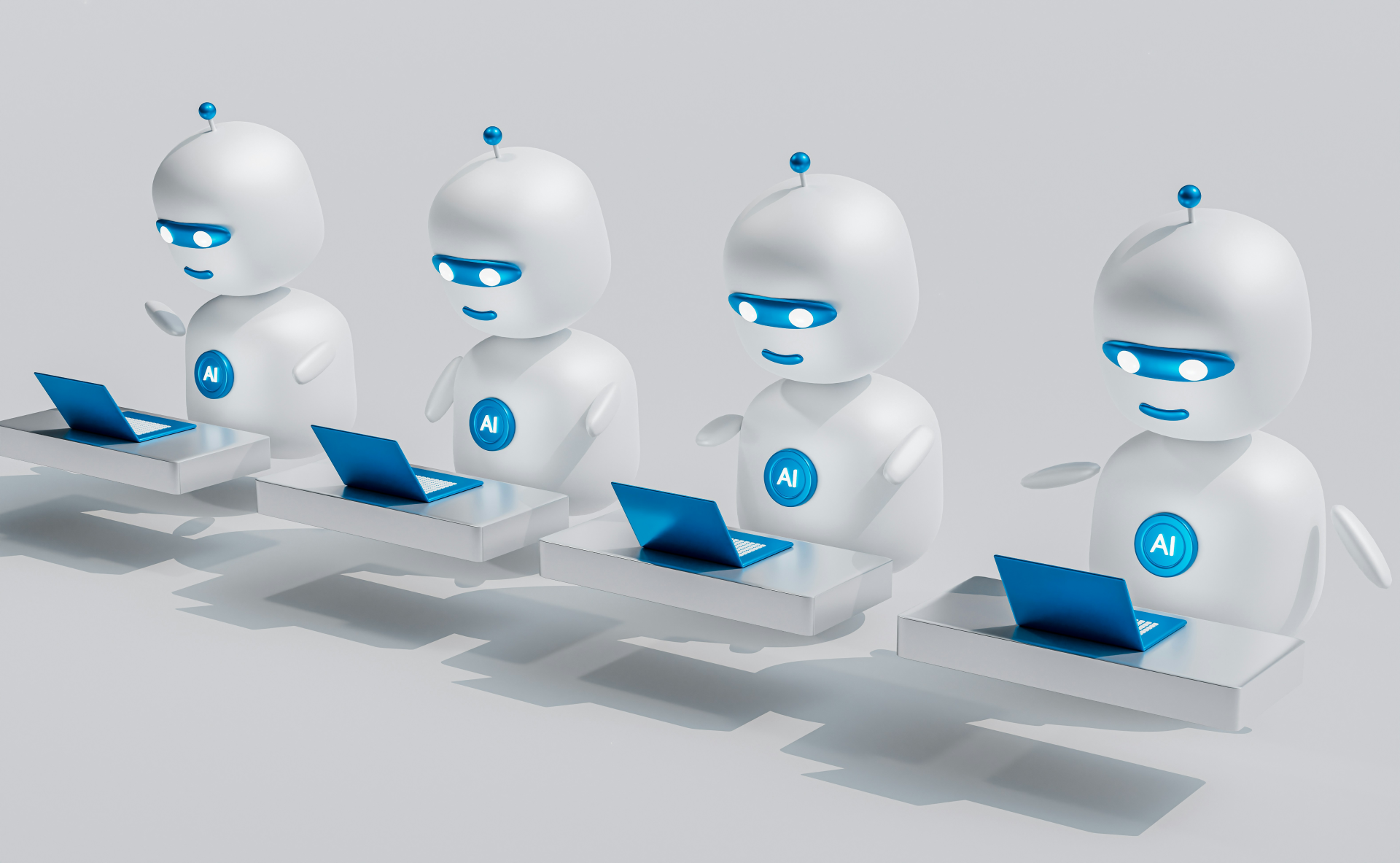After 25 years in IT services, we’ve seen technology evolve at an incredible pace. From the rise of cloud computing to today’s AI revolution, each wave of innovation has changed how businesses work, and how support is delivered.
But if there’s one lesson we’ve learned in those 25 years, it’s this: Technology changes, but people still make the difference.
That message feels especially relevant in 2025, as Microsoft and other tech giants restructure and cut support teams in favour of AI-driven models. AI brings huge benefits, but when it comes to support, removing the human element too quickly creates real risks.
AI Support: A Tool, Not a Replacement
AI has transformed service desks. Routine tickets can now be resolved faster, knowledge articles are surfaced instantly, and chatbots help streamline basic interactions. But AI has limits. It can’t fully understand the context of your organisation.
It can’t help you weigh up technical decisions against compliance risk.
And it can’t build the trusted relationships that guide you through major incidents, migrations, or changes.
In fact, a recent Gartner report reveals despite initial enthusiasm for cost-cutting through automation, many leaders are rethinking their approach:
- 95% of service leaders now expect to retain human agents alongside AI.
- 51% of customers say they trust human agents more than AI (compared to just 7% who trust AI more).
- Concerns are growing about AI-only experiences, particularly in complex or emotionally charged interactions.
After 25 years of supporting enterprise IT environments, we know that customers want more than just fixes, they want guidance, continuity, and accountability.
What Happens When You Remove People from Support?
Microsoft’s recent cuts are part of a wider shift towards automation across the industry. But organisations relying solely on AI for support may soon realise the cost of losing the human connection:
- Complex problems stall when there’s no one to interpret nuance.
- Critical incidents escalate when escalation paths aren’t clear or available.
- Trust erodes when support feels transactional, not collaborative.
For many organisations, particularly in regulated sectors or complex IT environments, support is more than ticket closure. It’s about partnership, context, and continuity. It’s about having someone who knows your environment, understands your pressures, and can help you navigate, not just respond.
Our 25-Year Lesson: The Human Element is Non-Negotiable
At bluesource, we’ve spent 25 years building long-term partnerships, not just fixing tickets. We’ve learned that great support combines technology and people, not one or the other.
John Forde, Managing Director:
“Over the last year, we have invested heavily in bringing AI into our support service to accelerate our time to resolution and improve issue predictability. But we know AI is a tool, not a replacement. We want to use AI as an enabler and keep our people in the decision loop. Our experienced team remains at the heart of every resolution, ensuring complex challenges get the expert, personalised attention they deserve.”
Whether it’s navigating licensing changes, or recovering from downtime, our customers know they’re supported by a team that knows them, their estate, and their goals.
Looking Ahead: Human + AI Support is the Future
The next 25 years will bring even more technological change, but one thing won’t change: the need for human expertise at the core of support.
At bluesource, we’re committed to keeping that people-first promise. Because in the end, support isn’t about tickets. It’s about trust.





